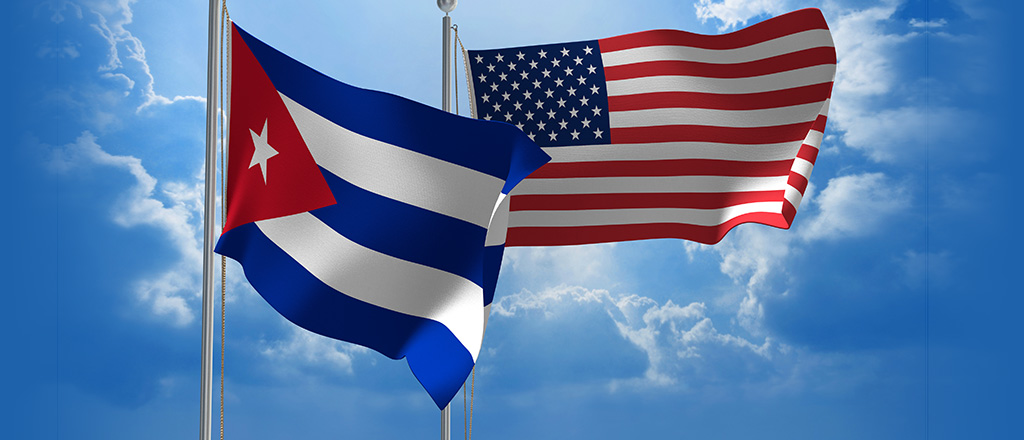Migration talks between U.S. and Cuba held for the first time in four years
In the highest-level formal U.S. talks since President Joe Biden assumed office last year, U.S. and Cuban officials met in Washington on Thursday to discuss migration concerns.
The meeting sought to restore the U.S.-Cuba Migration Accords, under which the United States agrees to issue at least 20,000 immigrant visas annually to Cubans, and Cuba agrees to accept the deportation flights of those who arrived illegally.
The U.S.-Cuba talks are usually held twice a year, but these were suspended when Donald Trump became president of the United States, in a bid to reverse Barack Obama’s decision to open to Cuba that caused a restoration of diplomatic relations in 2015.
This also prompted the partial closure of the U.S. Embassy in Havana. Cubans applying for U.S. visas during its closure had to travel to Guyana to process their applications. Washington Post reported that this system is expected to continue, even though there are plans to reopen the consulate next month with a skeleton staff.
In an official statement, the U.S. Department of State has “addressed consular services at U.S. Embassy Havana,” which includes the reopening of immigrant visa services on a limited basis in May, as well as current American citizen services and issuance of emergency non-immigrant visas.
“Enabling safe, legal, and orderly migration between Cuba and the United States remains a mutual interest between the United States and Cuba and is consistent with U.S. interests in fostering family reunification and promoting greater respect for human rights and fundamental freedoms in Cuba,” the statement said.
Cuba’s Foreign Affairs Vice-Minister Carlos Fernandez called on the U.S. to fully comply with migration agreements made with his country, the Venezuela-based news portal teleSUR reported.
“This situation has forced Cubans who wish to travel or migrate to the United States to go to consulates in third countries to process their visas,” Fernandez said, adding that Cubans who cannot afford to travel in third countries were forced to migrate in other risky ways.
The talks come at a time when Biden’s administration is struggling with the spike in the number of migrants entering the country through Mexico; Cubans make up a growing portion of them. Biden has pledge to reverse Trump’s bans on Cuba, but has not yet done so.



